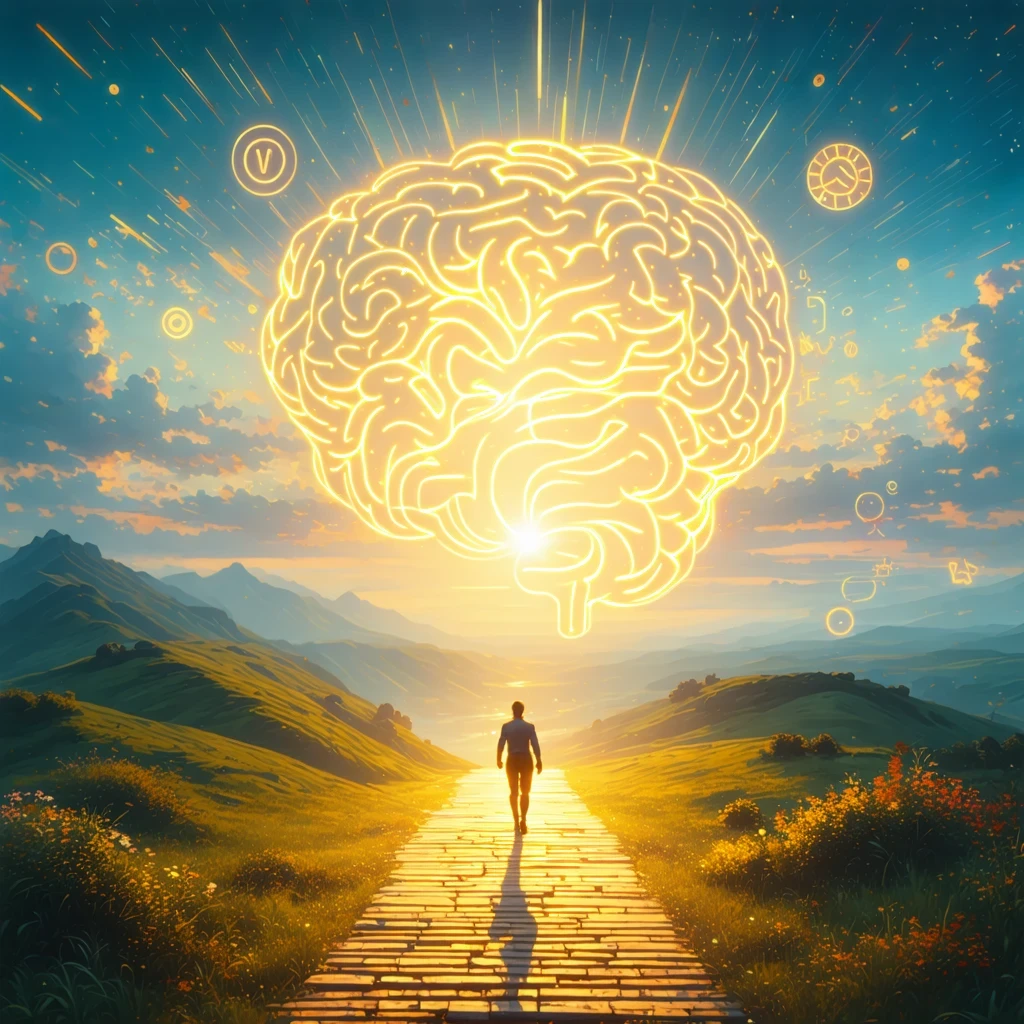The Surprising Link Between Alcohol and REM Sleep Deprivation
Jan 2, 2025
|
0
min read

Be Incredible Bites:
Alcohol blocks REM sleep, causing mental fog and poor emotional regulation.
Metabolic byproducts of alcohol prevent normal REM cycles.
REM rebound leads to vivid, intense dreams after drinking.
Alcohol Disrupts REM Sleep
Alcohol doesn’t just fragment your sleep – it blocks your brain’s ability to enter REM sleep. Walker explains that it’s not alcohol itself but the metabolic byproducts that interfere with REM sleep. These byproducts “jam up the cogs of the generation of REM sleep.”
REM sleep plays a crucial role in:
Emotional processing
Memory consolidation
Creativity and problem-solving
Missing REM sleep leaves you feeling mentally sluggish, irritable, and emotionally off-balance.
Why You Have Crazy Dreams After Drinking
Ever notice intense, vivid dreams the morning after drinking? Walker explains that this is the REM rebound effect.
Your body tracks how much REM sleep you missed due to alcohol. By the time the alcohol leaves your system, your brain tries to catch up by cramming as much REM sleep as possible into the final hours of the morning.
“Your brain is so clever… it keeps a clock counter of how much REM sleep you should have had and didn’t,” says Walker.
However, even with the rebound effect, your brain can only recover about 50% of the missed REM sleep. You’ll still be REM deficient.
The Long-Term Risks of REM Sleep Loss
Consistently losing REM sleep can lead to:
Increased risk of depression and anxiety
Memory loss
Higher mortality rates
If you want to protect your brain and emotional health, avoiding alcohol before bed is essential.
Share It On:
Technology
The Surprising Link Between Alcohol and REM Sleep Deprivation
Jan 2, 2025
|
0
min read
Be Incredible Bites:
Alcohol blocks REM sleep, causing mental fog and poor emotional regulation.
Metabolic byproducts of alcohol prevent normal REM cycles.
REM rebound leads to vivid, intense dreams after drinking.
Alcohol Disrupts REM Sleep
Alcohol doesn’t just fragment your sleep – it blocks your brain’s ability to enter REM sleep. Walker explains that it’s not alcohol itself but the metabolic byproducts that interfere with REM sleep. These byproducts “jam up the cogs of the generation of REM sleep.”
REM sleep plays a crucial role in:
Emotional processing
Memory consolidation
Creativity and problem-solving
Missing REM sleep leaves you feeling mentally sluggish, irritable, and emotionally off-balance.
Why You Have Crazy Dreams After Drinking
Ever notice intense, vivid dreams the morning after drinking? Walker explains that this is the REM rebound effect.
Your body tracks how much REM sleep you missed due to alcohol. By the time the alcohol leaves your system, your brain tries to catch up by cramming as much REM sleep as possible into the final hours of the morning.
“Your brain is so clever… it keeps a clock counter of how much REM sleep you should have had and didn’t,” says Walker.
However, even with the rebound effect, your brain can only recover about 50% of the missed REM sleep. You’ll still be REM deficient.
The Long-Term Risks of REM Sleep Loss
Consistently losing REM sleep can lead to:
Increased risk of depression and anxiety
Memory loss
Higher mortality rates
If you want to protect your brain and emotional health, avoiding alcohol before bed is essential.
Share It On:
Cyber Security
The Surprising Link Between Alcohol and REM Sleep Deprivation
Jan 2, 2025
|
0
min read
Be Incredible Bites:
Alcohol blocks REM sleep, causing mental fog and poor emotional regulation.
Metabolic byproducts of alcohol prevent normal REM cycles.
REM rebound leads to vivid, intense dreams after drinking.
Alcohol Disrupts REM Sleep
Alcohol doesn’t just fragment your sleep – it blocks your brain’s ability to enter REM sleep. Walker explains that it’s not alcohol itself but the metabolic byproducts that interfere with REM sleep. These byproducts “jam up the cogs of the generation of REM sleep.”
REM sleep plays a crucial role in:
Emotional processing
Memory consolidation
Creativity and problem-solving
Missing REM sleep leaves you feeling mentally sluggish, irritable, and emotionally off-balance.
Why You Have Crazy Dreams After Drinking
Ever notice intense, vivid dreams the morning after drinking? Walker explains that this is the REM rebound effect.
Your body tracks how much REM sleep you missed due to alcohol. By the time the alcohol leaves your system, your brain tries to catch up by cramming as much REM sleep as possible into the final hours of the morning.
“Your brain is so clever… it keeps a clock counter of how much REM sleep you should have had and didn’t,” says Walker.
However, even with the rebound effect, your brain can only recover about 50% of the missed REM sleep. You’ll still be REM deficient.
The Long-Term Risks of REM Sleep Loss
Consistently losing REM sleep can lead to:
Increased risk of depression and anxiety
Memory loss
Higher mortality rates
If you want to protect your brain and emotional health, avoiding alcohol before bed is essential.